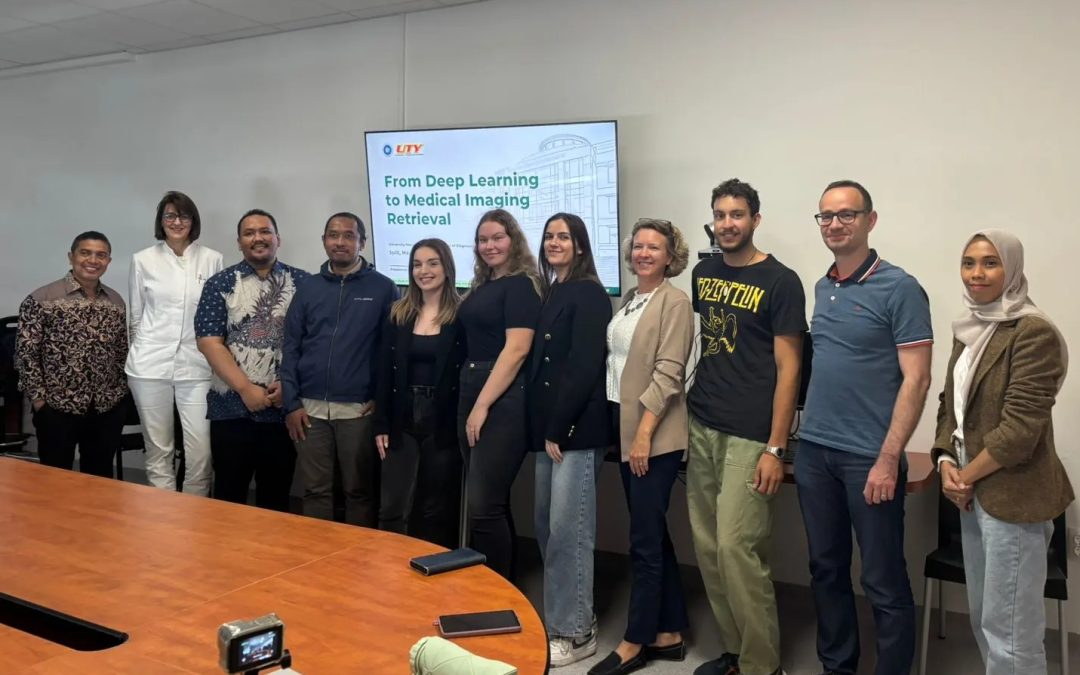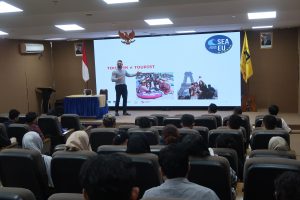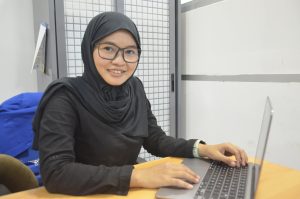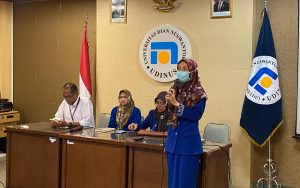Universitas Dian Nuswantoro (Udinus) invented another innovation in the field of digital health from a strategic partnership. This time the Faculty of Computer Science (FIK) at Udinus partnered with the Department of Public Health at the University of Split, Croatia. Through this partnership, Udinus successfully developed an early-detection innovation for diseases like skin cancer and cataracts.
The innovation utilized Artificial Intelligence (AI), and it was named ‘ViScan Mobile Application for Skin Cancer Detection Using Ionic Framework and YOLOv10x. The development process for ViScan was led by Cinantya Paramita, S.Kom., M.Eng. She revealed that this product was a mobile app based on the Ionic Framework to detect skin cancer using YOLO.
“The University of Split has a medical facility that can support our medical research. Meanwhile, countries in Europe have recorded a high rate of skin cancer caused by UV radiation. This project aims to help early detection using AI and mobile platforms to raise public awareness,” explained the Computer Science lecturer on Thursday, June 19, 2025.
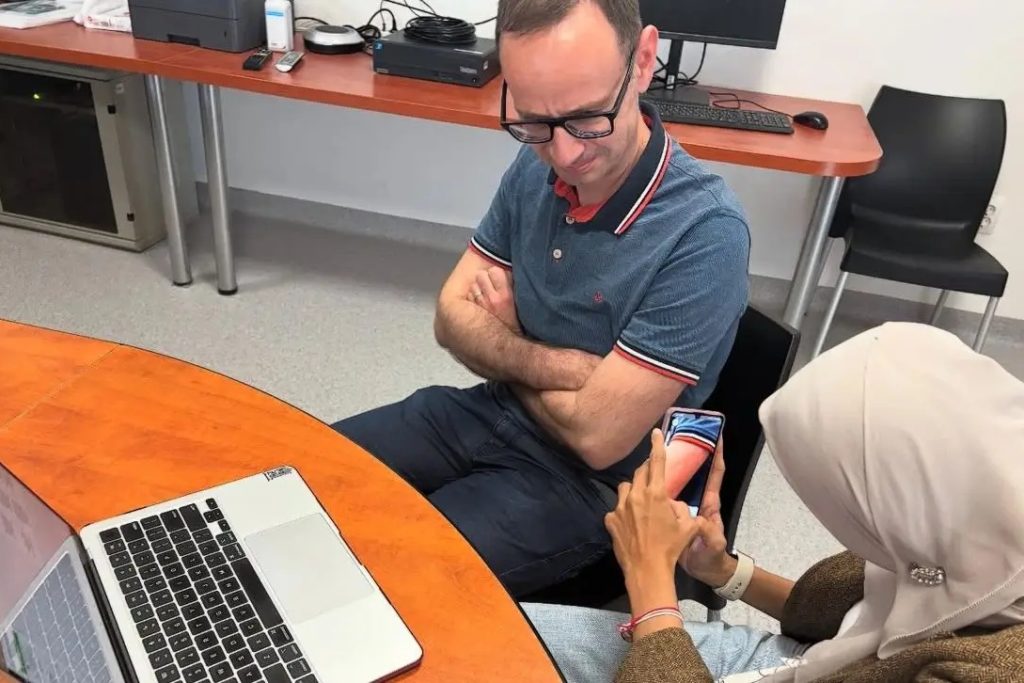
Moreover, Cinantya said that the research process was done in various phases. During the early stage, we did an online Forum Group Discussion (FGD) with the University of Split. It is a university located in Croatia. The university sent Prof. Anamrija Jurčev and Prof. Petar Šolić as its representatives.
“The development of ViScan used a public dataset to train YOLOv10x in detecting skin cancer. This is done as a basis of validation before the next phase, which involves using local data and clinical testing,” she uttered.
Cinantya mentioned that the primary output of this research project was in the form of an early-stage experiment published in a Scopus-indexed international conference, as well as a software product. As of now, the journal is in the publishing process, with it being published in August.
During the research, there were two scientific articles produced, including Performance Evaluation of YOLOv8 Models for Multi-Class Skin Lension Detection from Dermoscopic Images,’ and ‘YOLOv10x Model for Accurate First Detection of Skin Diseases from Dermoscopic Objects.’
“With this research innovation, we are committed to developing a preventive and precise medical device, pushing AI to serve public health, as well as enhancing our international partnership in the field of digital health through outputs in the form of apps and scientific publications,” Cinantya concluded.
As additional information, the innovative project involved Dr. Catur Supriyanto, S.Kom., M.Cs.., as the Head of the Intelligent Distributed Surveillance and Security Research Center. Several Udinus students were also involved in this project. These students were Alif Agsakli Haresta, Azmi Abiyyu Dzaky, Bagas Aditya Mahendra, Muhammad Asdar Widyananda, William Trijanto Dwiputra Tjahjono, and members of the Dinus Research Group for AI in Medical Science (DREAMS). (Humas Udinus/Penulis: Ika. Editor: Haris. Foto: Dok. Pribadi).


